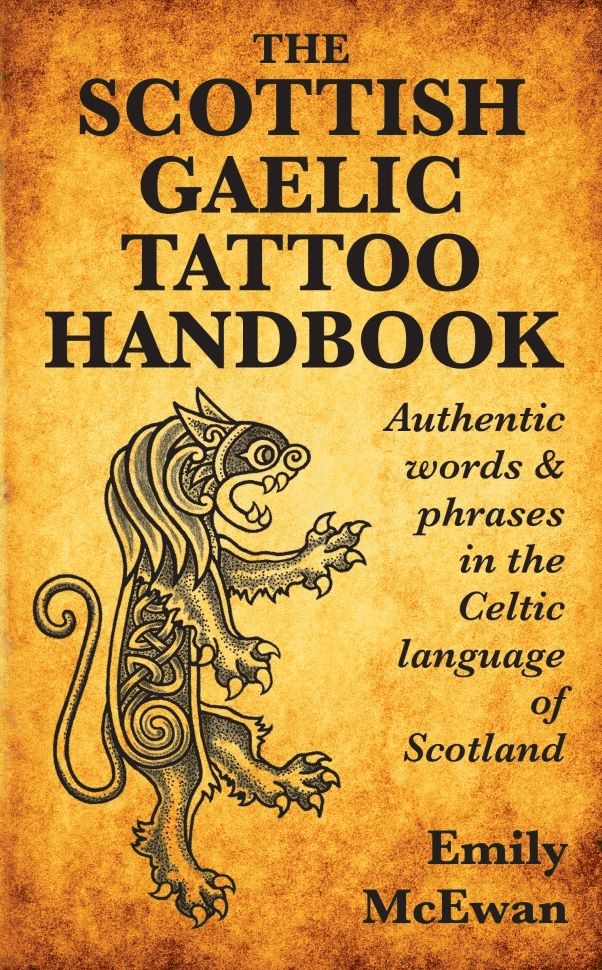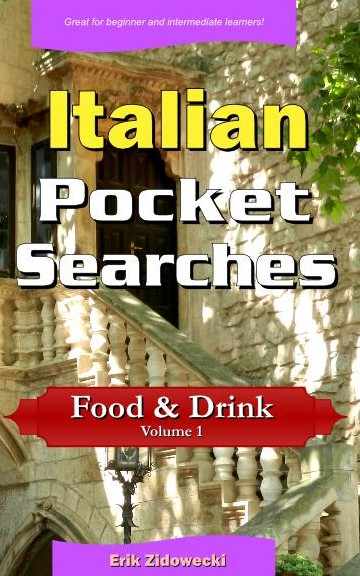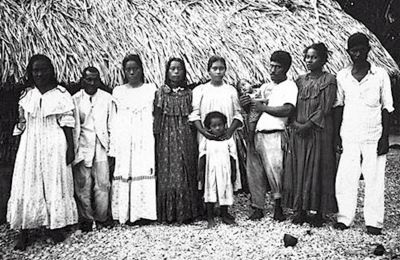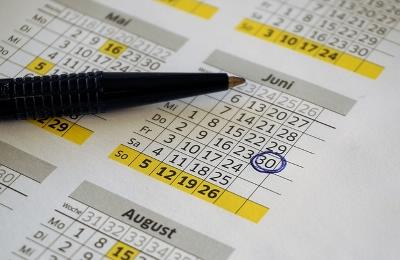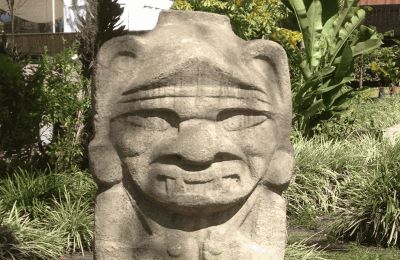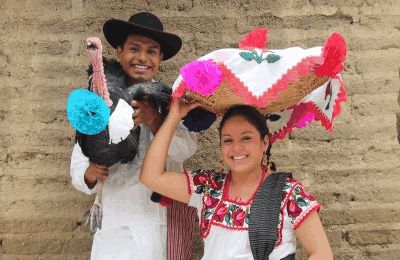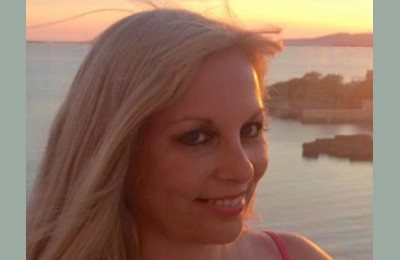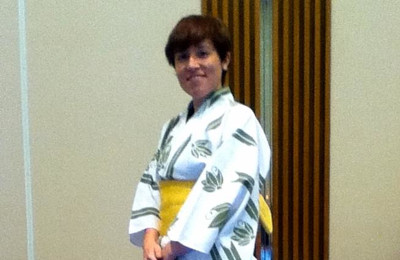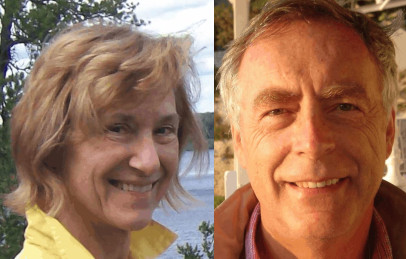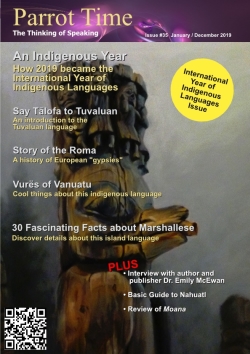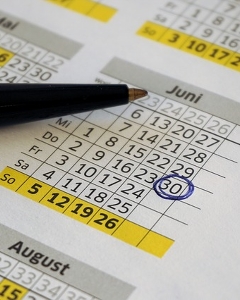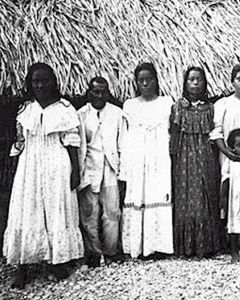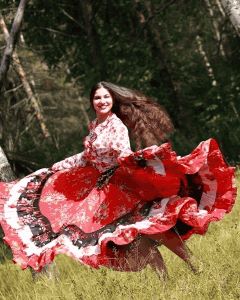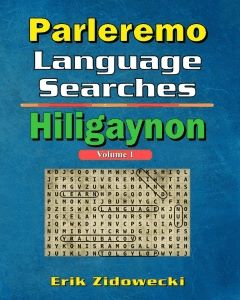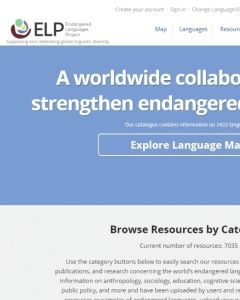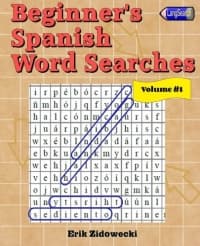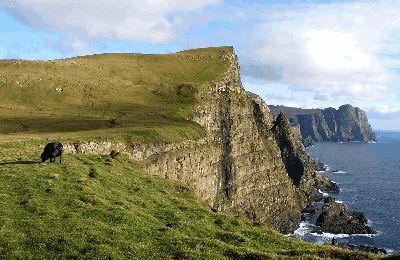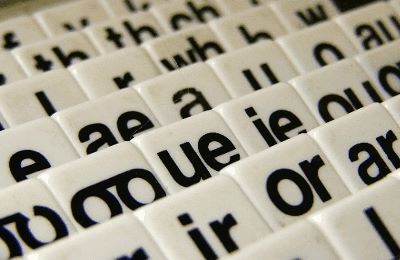In Others' Words
Emily McEwan

|
Dr. Emily McEwan is an author and publisher in Halifax, Nova Scotia. She has been involved with Gaelic for 30 years, first in Scotland and later in Nova Scotia. She specializes in the linguistic and cultural revitalization of Scottish Gaelic and other minority languages. Dr. McEwan is the author of The Scottish Gaelic Tattoo Handbook and the forthcoming academic book Gaelic Revitalization Concepts and Challenges. Trisha Dunbar, creator of the Language Learners Journal, managed to get some time with this busy woman to ask her a few questions. 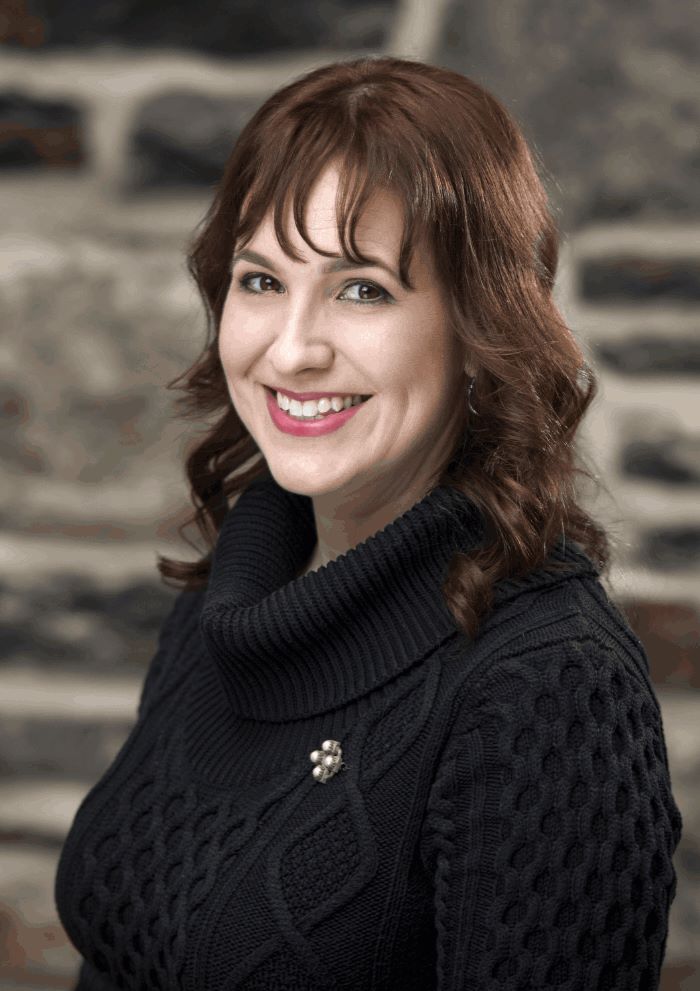 Why did you decide to learn Scottish Gaelic? I heard a Scottish Gaelic waulking (or milling) song in 1989 and I just instantly thought it was the most beautiful thing I'd ever heard and knew I had to learn the language! Is there anything you now know about Scottish Gaelic that you wished you had been told as a beginner? I wish I had been warned not to assume that every Gaelic speaker I met had received a formal education in their native language, and that that would affect how they related to Gaelic learners like me. Building on that, I wish I had been warned not to take it personally if a Gaelic speaker wouldn't help me with something that involved reading and writing, like my Gaelic class homework! In some cases they actually couldn't, because they hadn't received schooling in their native language – and by asking them for help with reading and writing, I accidentally caused them to feel shame about their Gaelic literacy. I still feel terrible about that. How do you promote the language? Firstly I try to promote Gaelic through the writing on my blog, Gaelic.co. I write posts about anything and everything relating to Gaelic language and culture in Nova Scotia, Scotland, and worldwide, based on my personal experience, academic research, and interviews with others. I also do things locally in Halifax, like helping to organize, support, and encourage Gaelic events, and giving presentations. I am also the founder and president of a Gaelic publishing company, Bradan Press. We are the newest company to carry on Nova Scotia's 180-year tradition of Gaelic publishing! "Bradan" means salmon and it stands for the Salmon of Wisdom in the Gaelic folklore traditions of Scotland and Ireland (we've even published a children's book about the legend!). Which challenges have you faced in the process of promoting/delivering your language projects? The challenges I've faced are similar to what everyone working for Gaelic revitalization faces: never enough money or time to do everything we want to do, prejudice and discrimination from English speakers and the "powers that be," and conflict among Gaelic users who want different things or have different visions. Do you agree that most indigenous languages are under threat in modern society or do you feel that the opposite is true and technological advancements are preserving indigenous languages? I think both of those things are true! Modern media and technology are double-edged swords. To the extent that we can use the internet to raise awareness, connect people, and build relationships where we use and pass on the language and culture in various ways, it's beneficial. But we're also constantly struggling against the supremacy of English and other world languages in technology and media, and increasingly these days against online hate as well. Some of the more technical tech issues are discussed in one of my blog posts! (https://gaelic.co/gaelic-tech/) What do you feel can be done to salvage indigenous languages, such as Scottish Gaelic? Whatever can be done, someone somewhere is trying to do it right now. But I think the two most important fronts now are 1) Gaelic-medium childcare, daycare, and preschools; and 2) finding all the adults who are considered native speakers but didn't get the opportunity of formal schooling in their native language, and giving them extra assistance with that so they can participate more fully in Gaelic revitalization. What projects are you currently working on? We have a number of exciting publishing projects in progress, and Bradan Press is launching three new books in May for Nova Scotia's Gaelic Awareness Month. I'm also working on a Gaelic.co podcast to go along with my blog; I hope to debut that in the next few months. Sign up for the e-mail newsletter at Gaelic.co and you'll be notified when the podcast launches! Now I am aware you are the author of The Scottish Gaelic Tattoo Handbook. What promoted the book? I do everything I can to promote the book. Some of the ideas fail, and others succeed. One promotion that I've very proud of is a "book trailer" or promotional video that we produced last November for the tattoo handbook series: http://bit.ly/celtic-tattoo-handbook-series We've also discovered that Facebook ads don't sell books… and in October 2018 my company Bradan Press was permanently banned from paid Facebook advertising! They still won't tell us why, but it happened right after we paid for an ad with our Canadian company credit card to advertise the launch event for a spiritual Gaelic poetry book in Scotland. It's very frustrating, because we aren't allowed to advertise beautiful minority language poetry, but hate groups can proliferate on Facebook? Another example of the double-edged sword. How did you get the idea for the book? I saw a Buzzfeed post about bad Chinese tattoos and thought, "I wonder if that happens with Gaelic, too? Are there bad Gaelic tattoos out there?" A quick Google search told me there were. I wrote a blog post about it, and a sequel, and these posts have gone permanently viral. So I realized that there was some interest out there in the topic, and decided to run with it! For anyone interested in learning the language what resources would you recommend? I've written a number of blog posts where I make recommendations of various resources, including: "Learning Scottish Gaelic" (https://gaelic.co/learning-scottish-gaelic/) "The Best Gaelic Dictionary for You – and How to Use It" (https://gaelic.co/gaelic-dictionary/) "Too Old to Learn Gaelic?" (https://gaelic.co/too-old/) (The answer is, You're never too old to learn Gaelic!) "Nova Scotia Gaelic Online Resources" (https://gaelic.co/ns-gaelic-resources/) Trisha Dunbar is a certificated TEFL (Teaching English as a Foreign Language) tutor with an academic background in psychology, inspirational speaker, mindfulness practitioner, Professional blogger, writer, and award winning entrepreneur from the UK. Visit her site at languagelearnersjournal.com
|
| In Others's Words - Emily McEwan | ||
| Writer: | Trisha Dunbar | |
All images are Copyright - CC BY-SA (Creative Commons Share Alike) by their respective owners, except for Petey, which is Public Domain (PD) or unless otherwise noted.
|
Searching for language resources? Scriveremo Publishing, has lots of fun books and resource to help you learn a language. Click the link below to see our selection of books, availlable for over 30 langauges!
| |
comments powered by Disqus
